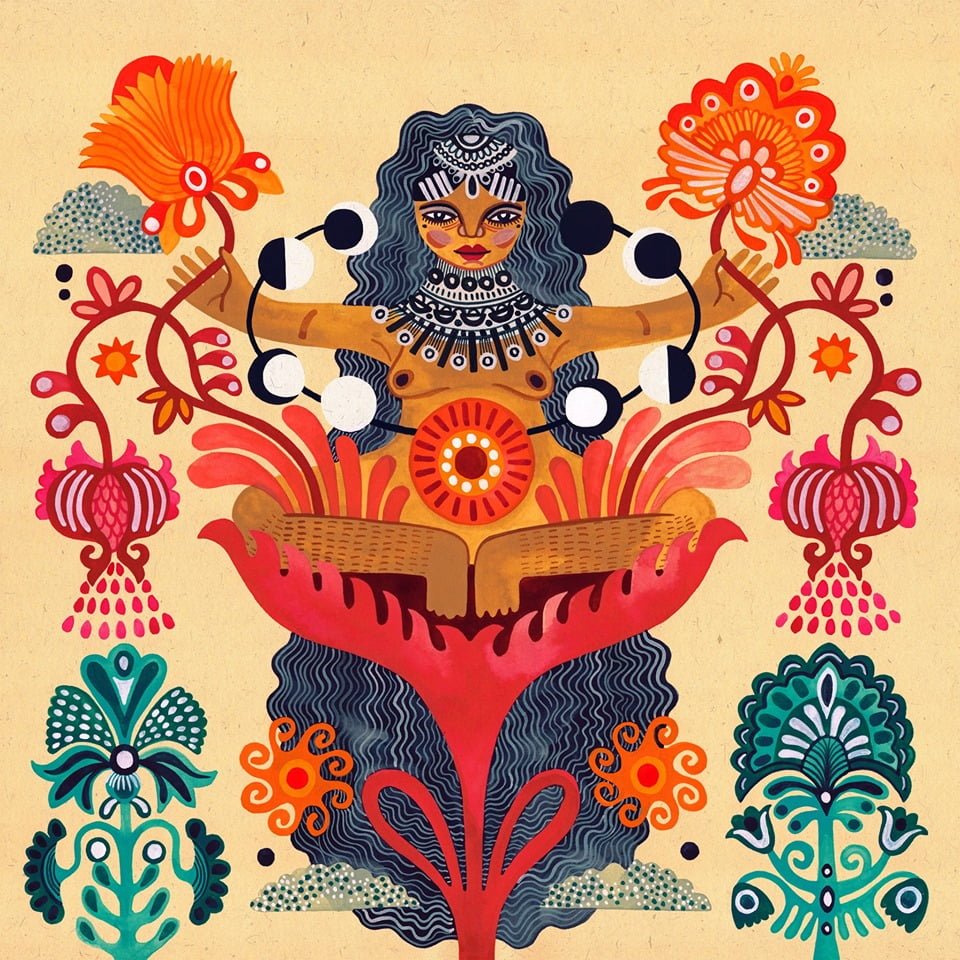This rare treat transitions between Middle Eastern jazz and folk, blending modern dub sounds with traditional sounds from tablas, dolaks and damburas. Each song being led by the powerful vocals of Elaha Soroor, the album is a journey through Afghanistan and beyond.
Kefaya got much praise after their first album, winning Songlines Best Newcomer award and receiving a whopping 9/10 from music journalist Adolf Alzuphar of this parish. They have taken their sound, adapted and added, creating a richer combination of instruments and vocals. Working with contemporary artists of mixed musical heritages, spanning the world from India to Greece, has allowed Kefaya to further explore cross-cultural infusion.
Not only a culture-crossing experiment, the album is distinctly political. It adapts traditional Afghan folk music to contemporary western styles, telling the story of migration and fleeing one’s homeland in the process. The struggle of patriarchal oppression can be heard in each note Elaha Soroor sings. Elaha is someone who has a history of resistance and fighting for the rights of women, and this is not lost on Kefaya, who in themselves took their name from the cries of the Arab Spring,
The narrative of the album is beautifully showcased during the opening of the second track, ‘Gole Be Khar’. The sombre sound of the horn immediately captures the listeners’ attention, to then be followed by a rumbling dub-inspired bassline. These first few seconds capture the pain, resistance and struggle through a medley of drawn-out notes, clinical bassline and romantic vocals.
This album is no doubt wonderfully produced and evocative; it takes you on a journey of resistance to a dominant patriarchal society, and every track adds a layer to a complex and fascinating story. Although based on stories of the Middle East, the raw emotion will be relatable to activists and organisers across the world.


